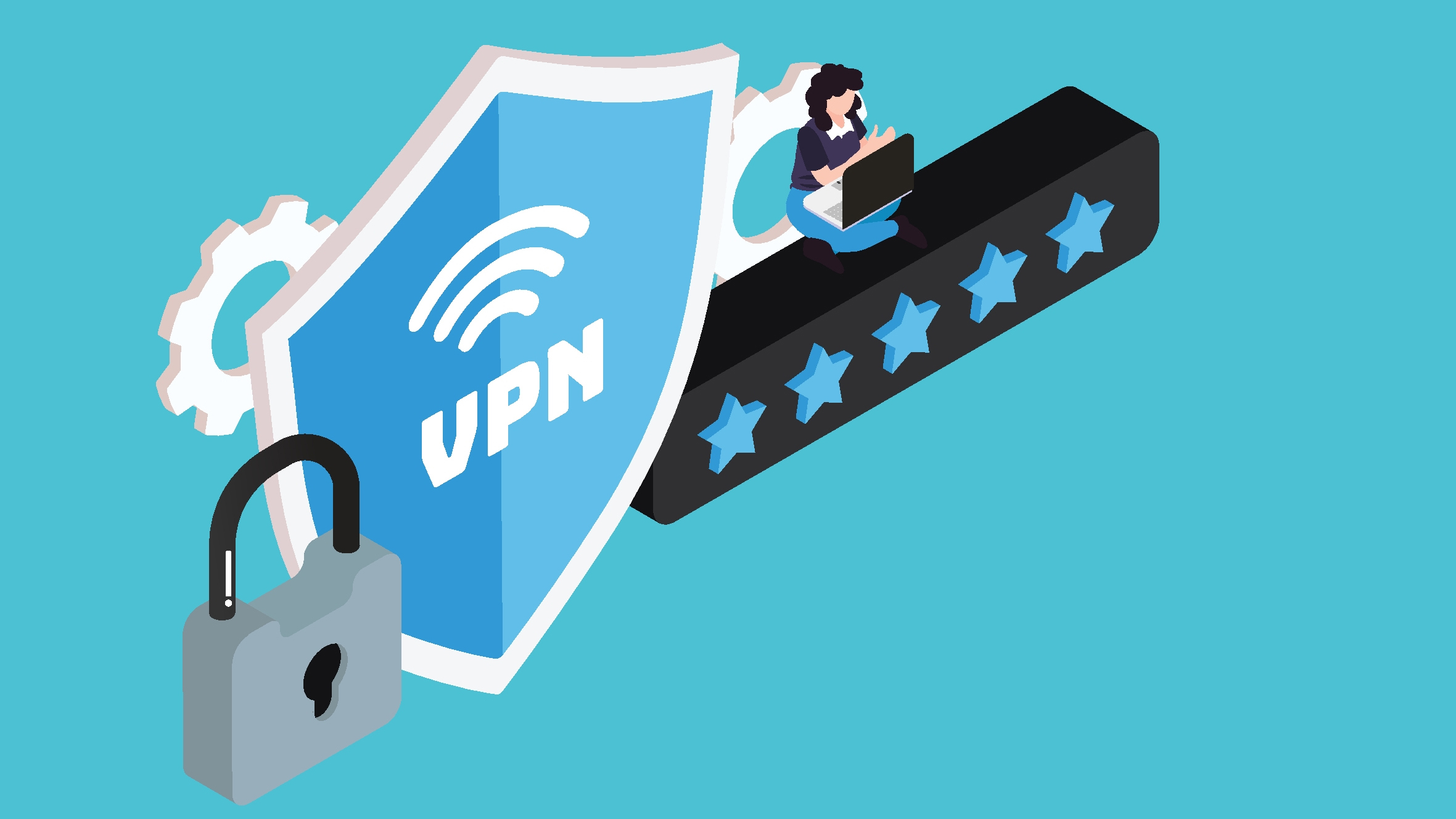
When you connect to a VPN server, your internet traffic is encrypted and routed through a secure tunnel, keeping your online activities hidden from your ISP and other third parties. However, while this setup offers privacy from external eyes, it also places significant trust in the VPN provider, as they control the tunnel and have the potential to monitor your activities. This is why a VPN’s “no-logs” policy is crucial—it’s a promise that the provider won’t retain any of your data, ensuring that your online privacy is fully protected.
Most VPN providers today advertise a “no-logs” policy, but understanding what this actually means is essential when selecting a service. In essence, a no-logs policy means the VPN doesn’t collect or store any identifiable information about your browsing history, IP address, or downloaded files. This commitment to not logging user data is a vital part of maintaining user privacy.
However, just because a VPN claims to have a no-logs policy doesn’t mean it’s automatically trustworthy. Some VPN providers go further to prove their commitment by undergoing independent audits, which verify that their no-logs claims are legitimate. This extra layer of transparency is critical in a market where trust is everything.
While a no-logs policy is vital, it’s also important to understand that VPNs may still need to collect some minimal data to operate effectively. For example, they might log connection activity to enforce device limits or monitor data usage to manage server performance. The key is ensuring this data is either anonymized or temporarily stored, only for the duration of your session. Reputable VPNs clearly outline these practices in their privacy policies, which are often backed up by independent audits to guarantee user privacy.




